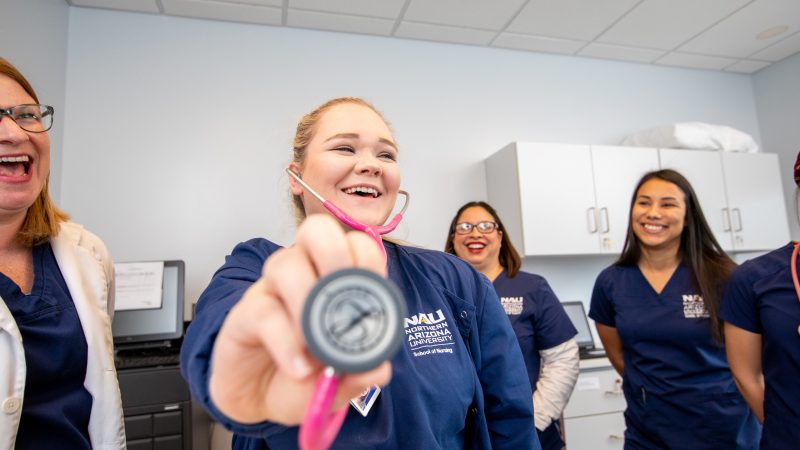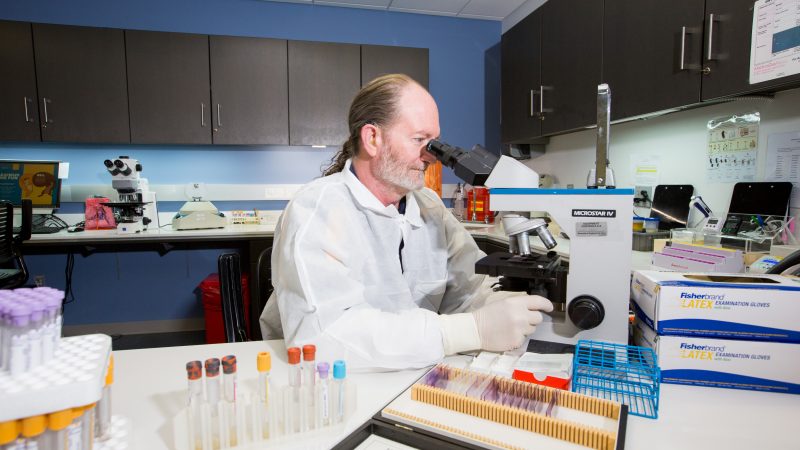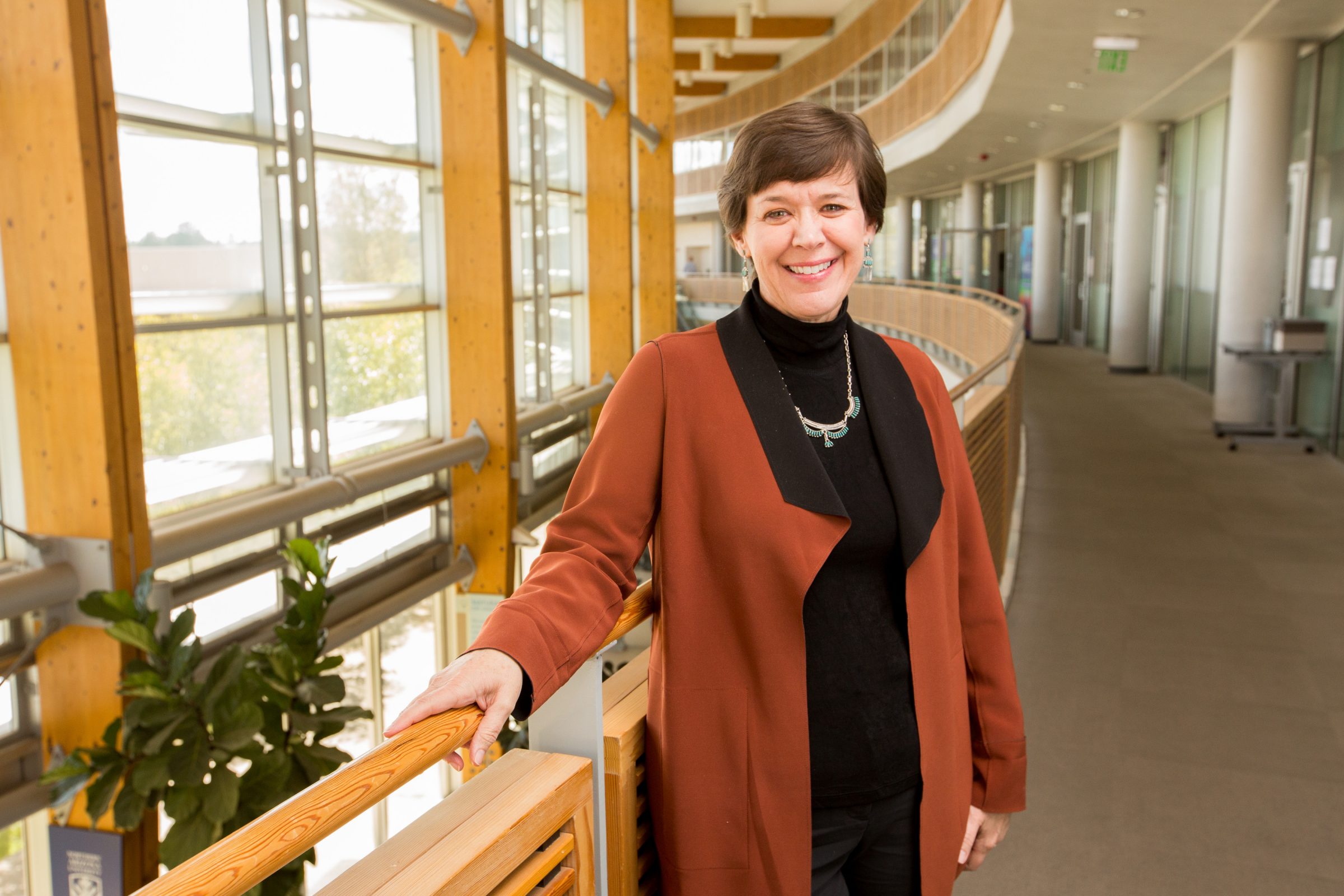Northern Arizona University has launched the creation of NAU Health, an innovative initiative aimed at improving health outcomes for all Arizonans, particularly those in rural, Indigenous, and underserved communities.

College of Medicine
NAU’s College of Medicine will be intentionally designed to create accelerated pathways and affordable options for Arizona residents seeking to graduate and practice in-state with low debt.
This includes plans for a tuition coverage program similar to the Arizona Teachers’ Academy, where graduates who stay to practice in Arizona after graduation will have educational costs fully covered, as well as a curriculum that foregrounds cultural competency and integrates significant behavioral health perspectives to improve outcomes for patients and their communities.
“The new NAU College of Medicine is an exceptionally exciting and much-needed endeavor. In a nation that is confronting serious health disparities, especially among underserved populations, a community-based approach is key to closing those gaps. Moreover, the College can play an important role in addressing current physician workforce shortages in Arizona and beyond, as well as in enhancing the diversity of that workforce. I look forward to the NAU College of Medicine becoming a reality!”
Key features
Affordable
NAU aims to make its College of Medicine a low/no-debt option for in-state residents, with tuition assistance, reduction, and forgiveness programs designed to retain physician graduates in-state for primary care practice.
Accelerated
Pathways to practice will be enhanced and accelerated by 3-year medical education programs, as well as 3+3 bachelors to MD pathways at NAU.
Teaching focused
Built on NAU assets in health equity, population health, biomedical research, and Indigenous knowledge, the NAU College of Medicine will emphasize teaching and practice as opposed to a more highly-specialized research model often employed by medical schools.
Integrative
Incorporating a variety of lenses and approaches throughout its curriculum, including behavioral health, community/population health, and culturally informed (Indigenous and Hispanic) health traditions and practices, the NAU College of Medicine will train resilient, practice-ready doctors able to work in communities throughout the state and contribute to improved individual and population health outcomes.
Partnerships
The College of Medicine will be a partnership-driven enterprise, collaborating closely with healthcare providers and agencies throughout the northern Arizona region. In addition, the design of the College and its curriculum and placement strategies will be informed by an expert Medical Education Advisory Committee comprised of state and national experts who will help identify and build promising partnerships that will contribute to the College’s success.

College of Nursing
NAU’s College of Nursing will be elevated to a free-standing college in recognition of this critical set of academic programs and the need to enhance visibility and impact at the state and national levels. In addition to continued growth in program offerings throughout the state, the College of Nursing will heighten NAU’s ability to address Arizona’s nursing shortage through strengthened partnerships, improved alumni relations, expanded development opportunities, and more robust recruitment and retention of talented, mission-driven nursing faculty.
“I am pleased to see NAU’s plan to establish health equity and advance the health professional journey in a setting of underserved populations. This will lead to a sustainable ecosystem that can influence innovation, create transformation, and embrace compassion in whole health.”

Health professions in the College of Health and Human Services
NAU will double the number of degrees awarded and students retained to practice in Arizona across the health professions disciplines that include physical and occupational therapy, physician assistant studies, dental hygiene, and more.
- Emphasis will be placed on creating pathways and partnerships with community colleges to accelerate educational attainment in these fields.
- The development of a core inter-professional program that supports provider education across disciplines with skills aligned with the College of Medicine, including community practice and health equity.
- The creation of residency and credential programs for practicing healthcare providers will advance practice in rural and underserved communities.
“The College of Medicine represents a unique opportunity for NAU and collaborators to build a next generation medical curriculum for future generations of Arizona students. Health equity for Arizonans requires that we equitably engage and educate a health professional workforce that understands and incorporates culture and holistic principles of health and ethics into daily care. NAU is poised to advance a broad agenda in health equity, both in education and in community outcomes, through its commitment to a College of Medicine in northern Arizona.”

Leadership for NAU Health
NAU Health will be led by Julie Baldwin, PhD, who will serve as the founding Northern Arizona Regional Behavioral Health Authority (NARBHA) Institute Vice President for NAU Health.
Medical Education Advisory Committee
| Name | Title |
|---|---|
| Julie Baldwin, PhD | The NARBHA Institute Vice President for NAU Health |
| Mary Jo Gregory, RN, MS | President and CEO, The NARBHA Institute |
| Name | Title |
|---|---|
| Amanda Aguirre, MA, RD | President and CEO, Regional Center for Border Health, Inc. |
| Sujeev Arora, MD | Director and Founder, Project ECHO |
| Jonathan Baines, MD, PhD | Medical Director, Native American Pathway Programs Member, Mayo Clinic Cancer Center, Department of Family Medicine, Mayo Clinic, Rochester, MN |
| DuWayne Begay, PhD | Area Director, Navajo Area Indian Health Service |
| Vincent Berkley, DO, MBA | Treasurer-Member, NARBHA Board of Directors, Provost, NARBHA Transformational Fellowship |
| Teresa Bertsch, MD | Chief Medical Officer and Chief Wellbeing Officer, The NARBHA Institute |
| Don Berwick, MD, MPP | CEO Emeritus, Institute for Healthcare Improvement |
| Mark Carroll, MD | Chief Medical Officer, BCBSAZ Medicaid Plans, and Board of Directors, AZ Blue Foundation for Community & Health Advancement |
| David Cheney, MBA, FACHE | President and CEO, Northern Arizona Healthcare |
| Dan Hunt, MD, MBA | Former Professor, Associate Dean, Dean, and Liaison Committee on Medical Education, Association of American Colleges of Education |
| Darrell Kirch, MD | President Emeritus, Association of American Medical Colleges |
| Tammy McLeod, PhD | President and CEO, Flinn Foundation |
| Trudie Milner, PhD | Former Senior Vice President and Chief Operating Officer, Yuma Regional Medical Center |
| John Molina, MD, JD | Director, Arizona Advisory Council on Indian Health Care |
| Kurt Mueller, MD | Psychiatry Specialist, Program Director, North Country HealthCare Psychiatry Residency (in development) |
| Anne Newland, MD, MPH | Chief Executive Officer, North Country HealthCare |
| Mark Pico, MD, MPH | President/Medical Director Pathfinder Accountable Care Organization (ACO), Board Member Equality Health ACO |
| Bruce Perry, MD, PhD | Principal, The Neurosequential Network, Professor (Adjunct), Department of Psychiatry and Behavioral Sciences, Feinberg School of Medicine, Northwestern University, Chicago, IL, Professor (Adjunct), School of Allied Health, Human Services and Sport, La Trobe University, Melbourne, Victoria, Australia |
| Eric Reiman, MD | CEO, Banner Health Research & Executive Director, Banner Alzheimer’s Institute and Chair of Flinn Foundation Board of Directors |
| Kim Russell, MHA | Grant Writer for the Navajo Health Foundation, Sage Memorial Hospital |
| Charlton Wilson, MD | Executive-in-Residence, The NARBHA Institute |
“As a physician leader and educator in northern Arizona for the past 30 years, I have experienced the continuing challenges of recruiting well-trained and community-focused healthcare professionals to our rural and underserved areas. NAU’s College of Medicine would add a much-needed component to the northern Arizona continuum of health professional education, especially for physicians, and will provide additional educational opportunities to Arizonans and shape the healthcare professional workforce in meaningful ways.”
Contact us
Contact us at NAUHealth@nau.edu for more information.



